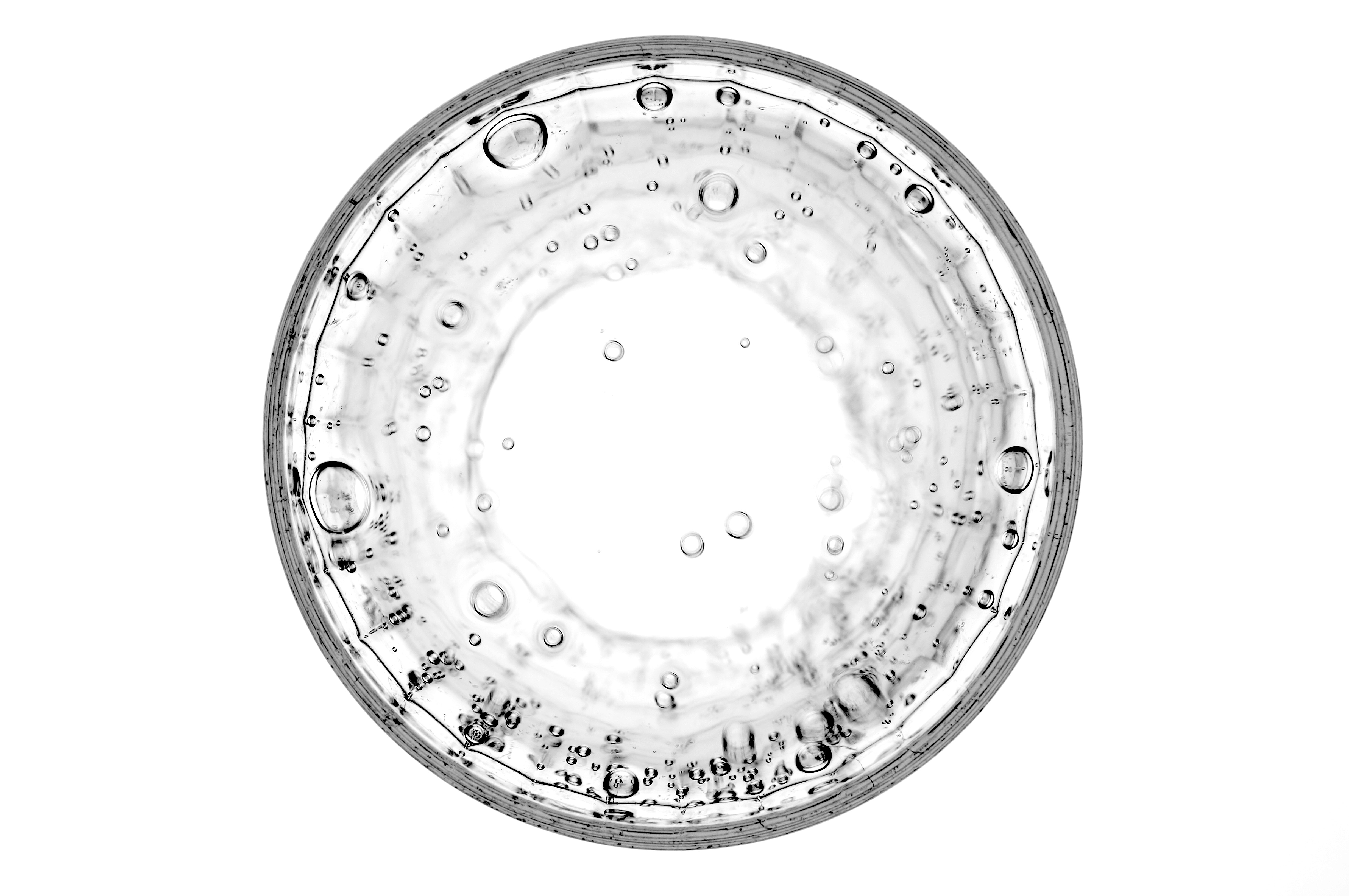
These days, we are more likely to consume any other liquid besides water, often choosing juice, soda, or even tea. But water is not just for sipping occasionally and bathing in. The human body requires a constant influx of water for several reasons.
It cleanses, lubricates, propels, relieves inflammation, and regulates body temperature. Water serves as a medium to maintain body chemistry, function, and overall health. The features that make water look or taste bland are exactly the traits that make it great. In fact, no other chemical has been studied as much as this colorless, odorless, and neutral aqueous solution we call the “universal solvent”.
You have probably heard the advice “drink 8-10 glasses of water” per day, which is the equivalent of 1.5-3 liters. However, the actual amount required depends on your weight, height, age, activity level, and health background. You can find out how much water you should be drinking by dividing your weight in pounds by two. That number in ounces is a better approximation of how much your body needs in water.
But why is water so important? If we study the human body, even a superficial glance reveals water helps the body run in an efficient and organized manner. It is excreted, absorbed, exhaled, pumped, exchanged, and catalyzed all day long by our heart, lungs, kidneys, intestines, skin, and blood. Let’s take a closer look.
The heart weighs about 8 ounces, beats on average 115,000 times per day, and is 72% water. This vital organ pumps blood, which is also predominantly water, to provide oxygen, nutrients, and molecules to every organ of the body. Water is largely responsible for our heart and blood circulating in a healthy manner. The heart also maintains a balanced blood pressure. When water volume is low, such as in states of dehydration, sensory nerves around the heart trigger a faster heart rate ensuring continued and adequate blood flow to the vital organs such as the brain, kidneys, and nervous system.
Our lungs are involved in the process of inhaling oxygen and exhaling carbon dioxide, a by-product of respiration. But did you know that besides exhaling carbon dioxide the lungs exhale water vapors as well, even as much as 400 ml of water per day? The next time you want to pass on the water, remember how hard breathing would be without it.
While you are reading this, your eyes are receiving a bath each time they blink, which helps to moisturize and protect the eye and maintain healthy vision. Even the simple act of producing saliva, which we need for speaking, swallowing, and digesting food requires a considerable amount of water. Our salivary glands produce 0.75-1.5 liters of saliva per day. If water isn’t your favorite drink, it may just be worth giving it another try!
A major organ that serves as a channel through which water is lost and retained is the skin. On average, a man weighing 70kg (154lbs) is composed of approximately 40-50 liters of water depending his age and health. His skin can lose approximately 500ml of water per day through evaporation alone on a cool day. Alternatively, the same male working in extremely hot conditions can lose up to 10 liters of water per day. Sweat is composed of water, salts, and bacteria and allows the body to regulate temperature and excrete toxins. A lack of water intake interferes with the body’s temperature-regulating mechanism.
The kidneys perhaps recycle the most amount of water. These two organs filter toxins, electrolytes, protein, sugar, and other waste products aiding the liver and heart with nutrient transportation and detoxification. The kidneys filter about 30 liters of water 60 times per day for a total of 180 liters per day. A lack of water intake not only reduces the kidney’s ability to help the heart and liver do their job, but it also robs the kidneys of the necessary ingredients to do its job properly.
While we have known water as the conduit for miracles for ages, many take it for granted, while millions live without access to free-flowing water. As a result of our busy life and modern lifestyle, dehydration is a common cause of many of our health problems.
Everything from its structure, chemical properties, and neutral pH allows water to provide life and healing.
Water is made up of three bonded ions (Hydrogen + Hydrogen-Oxygen). Its appearance is mild but its power is grand. It reminds me of the power of the three-Person God-head: these three unique Beings bonded as One for the purpose of healing the sin-sick heart, cleansing us from sin, dissolving every uncleanliness, and providing us with life-saving power.
Drink of this living water today!